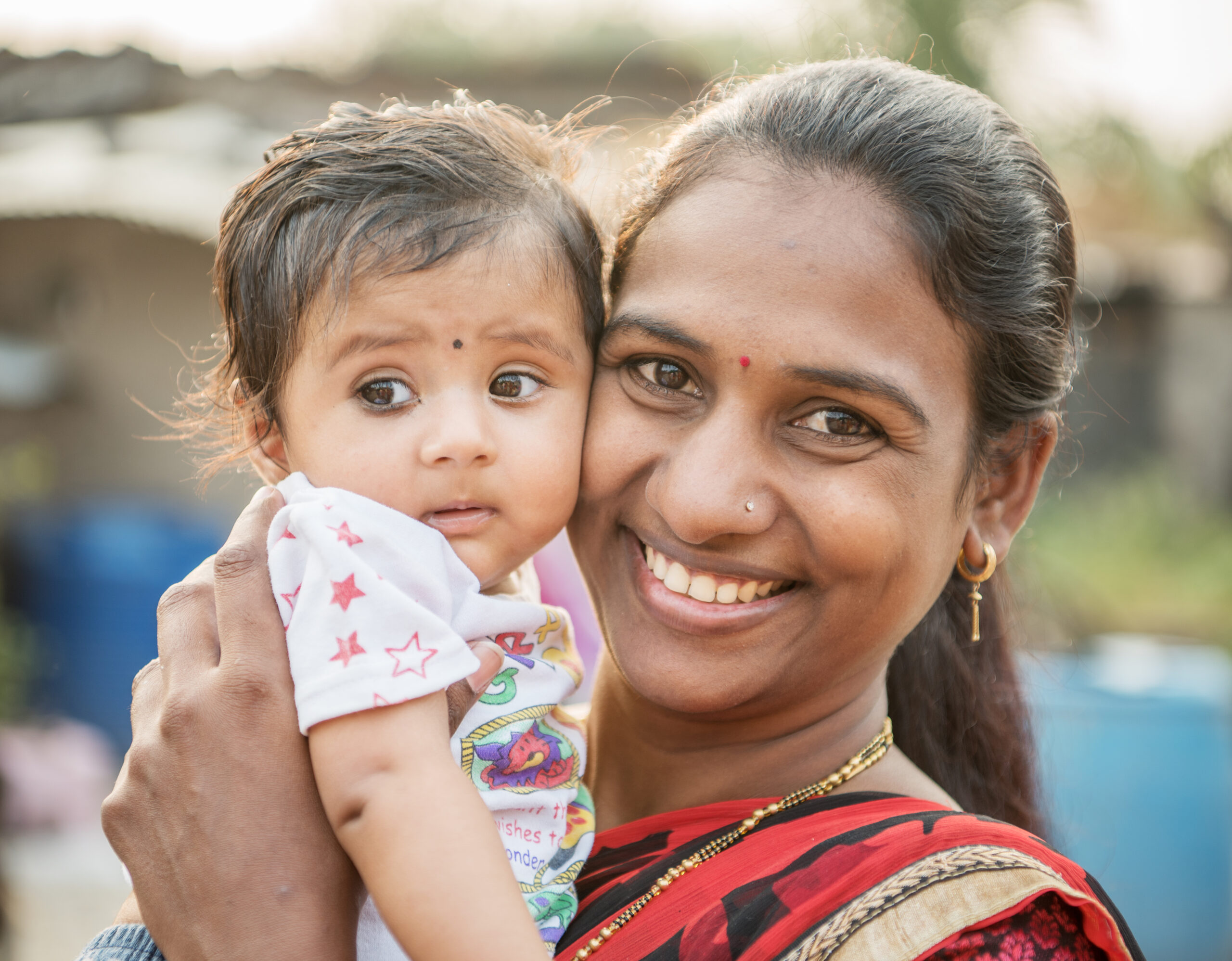Realising Commitment to Family Planning
Realising Commitment to Family Planning project was designed in 2012-13 to strategically support in-country engagement on commitments made by the Indian Government at the FP2020 Summit in 2012. The overall goal of the project was to achieve increased commitment by policymakers for greater investments in family planning (FP) and improved policies with a focus on the expansion of the basket of contraceptive choices.
The RCFP Phase-I (June 2014 to October 2019) had two key primary goals: a) Increased political support and expenditure on FP for the realisation of India’s FP2020 commitments, and b) An additional birth spacing method in the public health system, with focused efforts on Injectable Contraceptives (MPA). Sustained engagement with elected representatives, media, technical bodies and CSOs in RCFP-I garnered critical support for affirming the centrality of FP for sustainable development with a focus on young people.
The RCFP Phase-II (November 2019 to April 2023) is building on the accomplishments of the previous five years, and aims to sustain strategic engagement focusing on mobilising support from stakeholders and thought leaders on increasing access to choice-based, quality FP services. The project is anchored to achieve the primary outcome of increased commitment by key stakeholders in line with Government of India’s commitments (FP2030 and SDGs).
Key highlights
- In 2016, the MoHFW announced the introduction of three spacing methods in the public sector – Injectable Contraceptive (MPA/Antara), Progestin Only Pills, and Centchroman. This introduction marked a paradigm shift in the government’s focus towards aligning the FP programme with the FP2020 goals.
- Highlighted the need for enhanced quality of care in family planning through the fact-finding report on sterilisation deaths in Bilaspur in 2014. The result was a landmark Supreme Court judgement delivered by Justice Shri M B Lokur for discontinuation of sterilisation camps and introducing fixed day services (FDS).
- Increased public statements by Members of Parliament on issues related to family planning. Substantive increase in parliamentary activities such as parliamentary questions (PQ) on family planning and allied issues, special mentions and presentations at parliamentary standing committees (Empowerment of Women; Health & Family Welfare).
- Brought to attention the low level of expenditure on FP, both at the state level (Bihar and UP) as well as at the national level through the dissemination of reports commissioned by PFI, and sustained conversations on and dissemination of FP budget analysis.
- Increased media understanding of and coverage on the importance of FP for development in mainstream media. PFI is recognised as a reliable expert by national and international media on issues related to family planning, reproductive health, women’s rights, and gender.
- Developed and disseminated evidence pieces across a range of stakeholders and thought leaders—policy briefs, technical papers, white papers, study reports etc.
What’s new?
Family Planning Resource Bank
We are happy to announce the launch of our Family Planning Resource Bank – a one-stop solution for credible data and research on fertility trends, family planning, sexual and reproductive health. It also contains a comprehensive, interactive dashboard on the National Family Health Survey (NFHS) with state-wise data on important indicators.
The platform will host resources in multiple formats including fact-sheets, briefs, infographics, videos, and graphs. It will also provide useful links to related external resources, and allow users to request specific resources and information.
The resource bank is primarily for media professionals. It will also be useful for researchers, government officials, academicians, students, organizations working on family planning and sexual and reproductive health.



